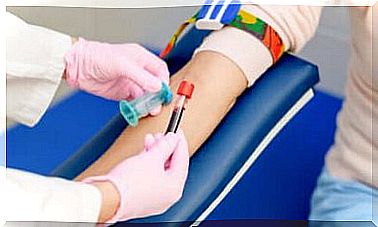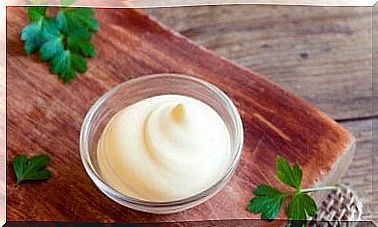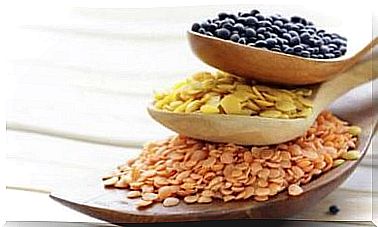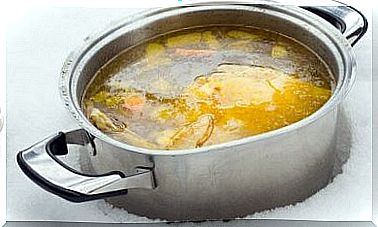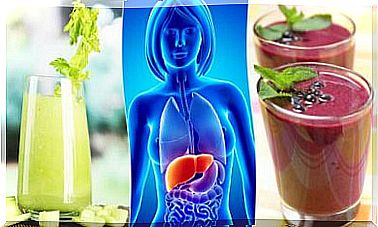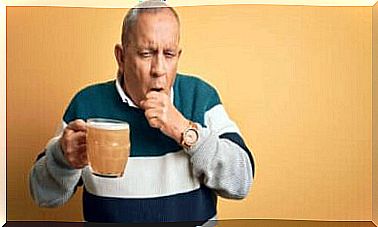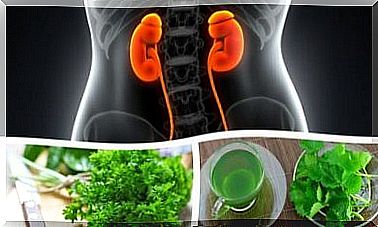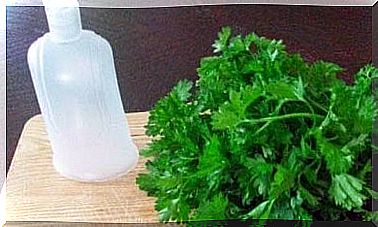Diet For Celiacs: What Is There To Know?
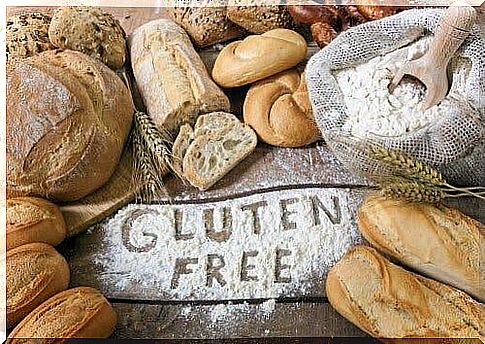
Nowadays the celiac diet is one of the most popular. This, however, is not due to a greater awareness of celiac disease, but to the growing belief that this diet is suitable for anyone and even highly healthy.
Celiacs suffer from an immune intolerance to gluten from barley, wheat or rye. Following the consumption of these foods, inflammation is triggered in the mucous membrane of the small intestine. Depending on the genetic inclination, sensitivity to oats may also occur in some cases.
The therapy consists in the lifelong elimination of gluten from the diet, as its consumption can cause diarrhea, fat in the stool and abdominal pain. It is therefore important to follow the guidelines that we present below.
What foods does the celiac diet include?
Foods that contain gluten
Gluten is a protein found in wheat, barley, rye, oats and their derivatives, which is why in the celiac diet it will be necessary to eliminate all foods based on these cereals. In particular:
- Bread and wheat flour, barley, rye, oat or triticale (artificial hybrid between wheat and rye).
- Pasta: noodles, macaroni, spaghetti, lasagna, etc.
- Refined flour foods : industrial mashed potatoes, ready-made sauces, ready-made soups, etc.
- Pastry and confectionery products.
- Cereal-based fermented beverages : beer, spirits, etc.
- Starch, modified starch, potato starch.
Foods that may contain gluten
These foods do not contain gluten of course, but as they are subject to an ultra-refining process. They are allowed only if the manufacturer certifies the absence of this protein by means of a special label.
- Candies.
- Toasted dried fruit.
- Nougat, marzipan and biscuits.
- Pre-packed soups, dressings and sauces.
- Meat or fish-based preserves.
- Ultra-processed cheeses: melted, light, cheese, etc.
- Dairy-based desserts: puddings, custard, flavored yogurt, etc.
- Flavored substitutes: chocolate and vanilla ice cream.
Gluten-free foods
- Milk and derivatives: natural yogurt, butter, cream, natural cheeses, etc.
- Fresh and frozen fish and shellfish without breading.
- Fresh and frozen meats without breading: hams, meat burgers, chicken, turkey breast, etc.
- Legumes and derivatives: lentils, chickpeas, beans, soy, etc.
- Coffee, infusions, sugary drinks.
- Oil, salt, wine vinegar, spices.
- Dried fruit.
- Fruits and vegetables.
- Rice and corn.
- Eggs.
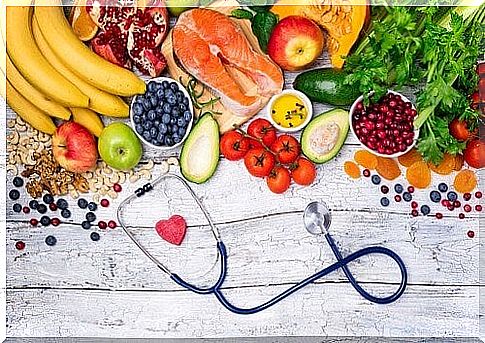
General advice
- Do not buy unlabeled foods. The manufacturer is obliged to indicate the presence of allergens in its products.
- When you go to a bar or a restaurant. find out how to prepare the dishes you would like to consume. Do not eat them if this information is not made available.
- In a self-respecting celiac diet it is necessary to reduce the consumption of ultra-processed foods.
- Some drugs may contain gluten, so it is important to consult your doctor or pharmacist before undergoing any treatment. At the same time, it is good to read the package leaflet and the information on the package.
- It can be very useful – especially in the case of recently diagnosed patients – to ask for information from special associations for celiacs.
- Read the labels carefully and avoid consuming foods that contain the following ingredients: vegetable proteins, malt, malt syrup, starch, semolina, fiber, flavorings, yeasts, etc.

Useful tips for following the celiac diet
To properly follow a diet for celiacs it is essential not to neglect the recommendations below and which address points ranging from correct food storage to cooking methods. Improper handling of food can cause contamination and cause digestive disorders.
- Use different utensils to prepare gluten-free and gluten-free dishes for the same meal.
- It is not recommended to fry gluten-free foods in the same oil in which gluten-based products or flour-based breading have already been fried.
- It is advisable to modify , as far as possible, the preparation of the dishes for the whole family even if only one member suffers from gluten intolerance. This way you will avoid possible contamination during cooking.
It is very important to follow all the advice of the attending physician and not to make decisions without first consulting him.
On the other hand, those who have not received a diagnosis of celiac disease but wish to follow a diet for celiacs should know that, in the opinion of experts, avoiding foods that contain gluten while tolerating and digesting it without difficulty does not bring any advantage.
In the long run, in fact, it can favor the onset of a future intolerance. In case of doubts, it is advisable to contact your doctor to prescribe the appropriate tests.
